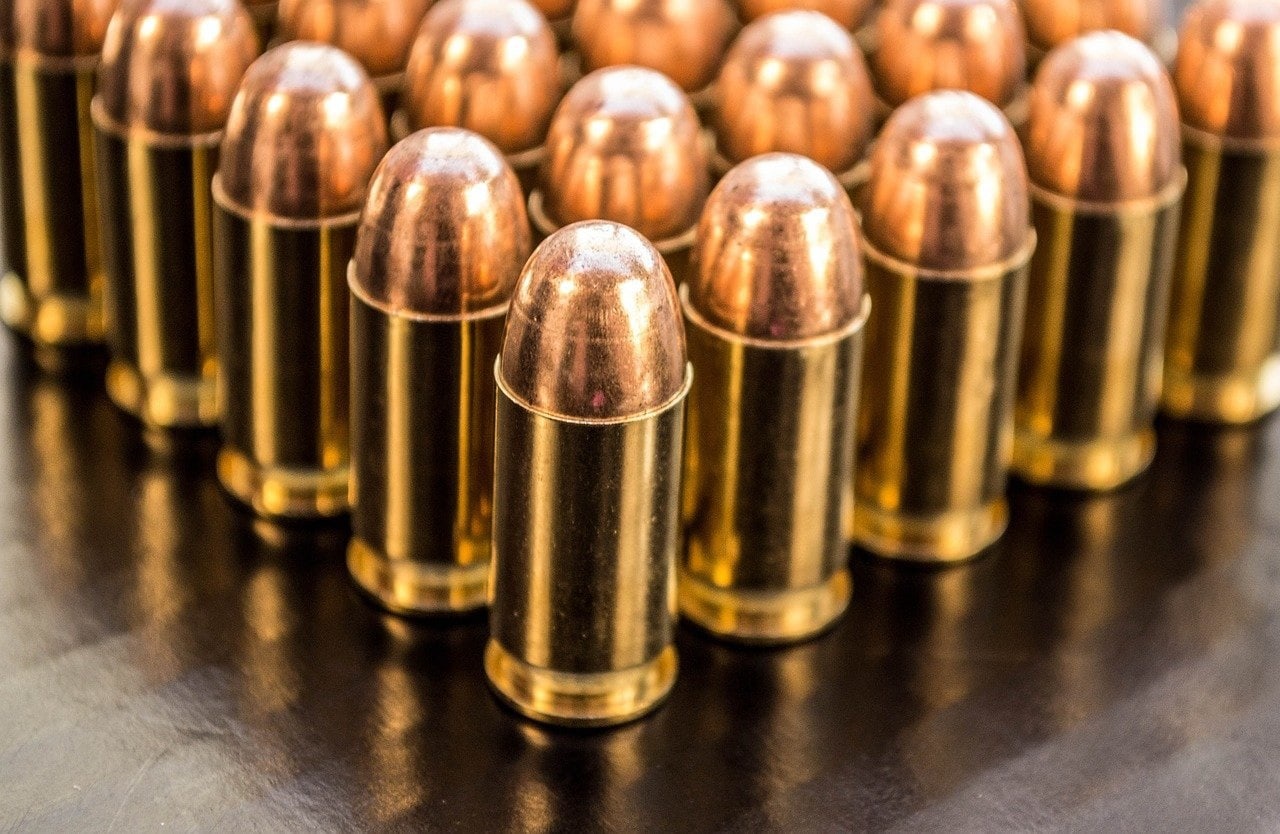Last year the European Union made an historic decision to ban the use of lead shot for hunting in wetlands, while Denmark, Sweden and Germany now have a total ban on lead ammunition. Calls for similar bans have gained traction in the United States, and as of July 1, 2019, lead ammunition has been banned for hunting wildlife anywhere in California.
In the Golden State, it was actually about saving the endangered condors, but now critics of the efforts say the law has gone too far.
“There has long been a concern about lead ammo,” said Mark Olivia, spokesman for the National Shooting Sports Foundation (NSSF). “There has been that big push in Europe, but we’re carefully watching what is happening over here as well. It started with the condor, but now there is no use of lead for hunting anywhere in California.”
Other states such as Maine, New York, and Wisconsin have seen similar pushes to ban lead ammunition. In California, lead ammunition can only be used at gun ranges – and some have even called for it to be banned completely.
“This is a creeping issue,” Olivia told this reporter. “It is really another way to limit our Second Amendment rights but also to hunt.”
It has also been noted that according to the California Department of Fish and Wildlife, pellet rifle ammunition isn’t included in the ban, “since pellet rifles are not firearms, the use of lead projectiles in pellet rifles is not prohibited.”
Lead Bans Could Target Hunters
Already in Europe, the ban on lead ammunition could impact the hunting season. According to a survey conducted by FACE.eu, which represents European hunters, an estimated 25 percent of hunters might hang up their firearms entirely, while at least 30 percent might hunt less frequently. That might sound good for the game, but the economic loss to the European Union could top €5.7 billion in loss fees and other money spend on hunting activities.
One factor is that upwards of 34 percent of modern firearms may be incompatible with non-lead ammunition, and the replacement costs are so high – potentially reaching €14.5 billion – that many hunters will simply give up the sport.
A Federal Ban?
While an effort to ban lead ammunition failed in New York, there are concerns in the shooting community that the issue could be a national one – and it wouldn’t be the first time.
On Jan. 19, 2017, the final day of President Barack Obama’s administration, outgoing U.S. Fish and Wildlife Director Dan Ashe banned lead ammunition on national wildlife refuges. The ban was subsequently overturned by Ryan Zinke, former President Donald Trump’s first interior secretary.
Still, some biologists and environmental groups continue to call for a lead ammo ban, suggesting that it impacts the environment. One concern is that some birds and other wildlife could ingest the lead.
However, Olivia has questioned the science that links hunting to the lead ingestion of birds of prey. “What we have seen is that special interest groups are trying to make their case by saying that the use of lead ammunition is the same as dumping lead, which it isn’t. They’re trying to push an agenda.”
Peter Suciu is a Michigan-based writer who has contributed to more than four dozen magazines, newspapers and websites. He regularly writes about military small arms, and is the author of several books on military headgear including A Gallery of Military Headdress, which is available on Amazon.com.

